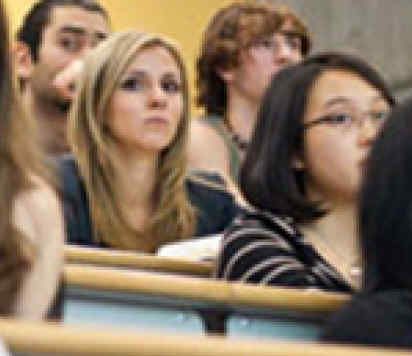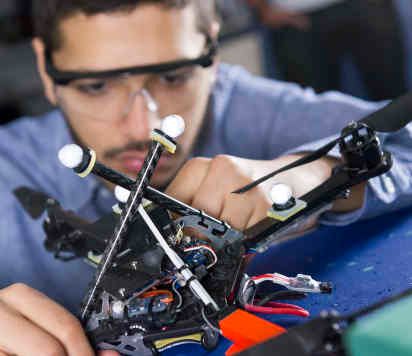Mario’s research concerns the Application of Neural Networks to Fluid Dynamics Simulations

Background
“I am a PhD student researching the application of novel machine learning techniques to simulate fluid flows. I am from Spain, where I graduated in Aerospace Engineering at Universidad Politécnica de Madrid (UPM) in 2018, finishing as one of the top two students in my year. The following year, I received an MSc in Computational Methods for Aeronautics from Imperial College London with distinction."
“Before beginning my degree studies, I was already fascinated by the possibility of using maths to describe and predict physical phenomena. Later, I developed my interest in mathematical modelling and fluid dynamics, and especially for computational fluid dynamics (CFD). I consider CFD a vital tool in engineering since it allows to approximately solve complex flow models which lack a known analytical solution. My motivation to contribute to the development of accurate and efficient flow solver inspired me to take on the PhD challenge.”
Research and recommendations
“My research is focused on the application of neural networks (NNs) to simulate two-dimensional incompressible fluid flows. Basically, a NN is a parametric function that can be tuned to fit big amounts of data. Then, NNs can potentially be used to approximate the solutions to fluid dynamics equations.”
“Traditional CFD solvers have achieved high accuracy levels, however, they are computationally expensive. My aim is to develop general-purpose NN-based solvers that are several orders of magnitude faster than traditional solvers while preserving their high accuracy. I have applied Convolutional Neural Networks (CNNs) and Graph Neural Networks (GNNs) to simulate the shallow water equations, linear advection and the incompressible Navier-Stokes equations. As an example, the Navier-Stokes equations have to be simulated hundred times when designing any aerodynamic component, hence, a reduction of the computational time between 100 and 1000 times can result in big time and cost savings.”
CFD and GNN Simulations
CFD and GNN Simulations“I would recommend anyone beginning their PhD to (keep calm and) realize about the importance of their work and to keep their curiosity alive by reading and discussing with their colleagues. I recognize that facing questions alone can sometimes be quite challenging, but the satisfaction of step-by-step getting our much-desired results make up for it.”



